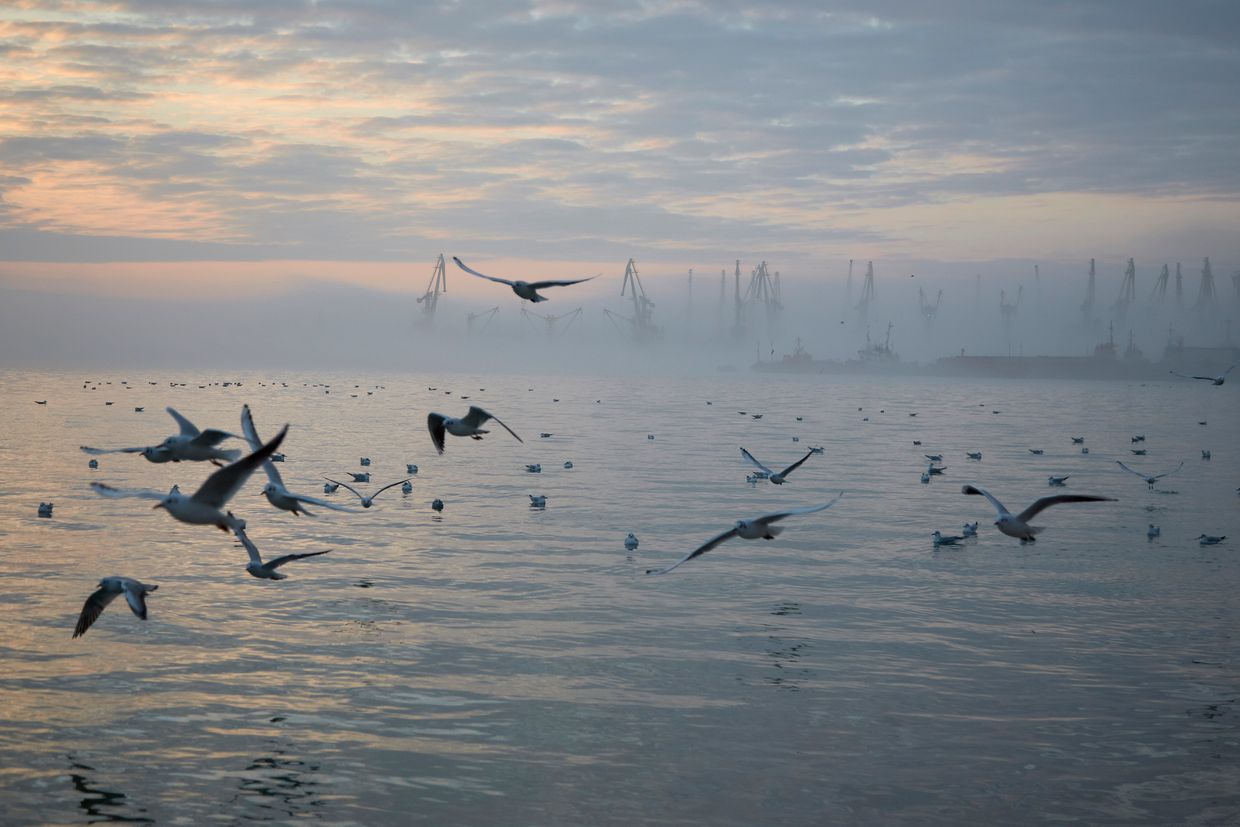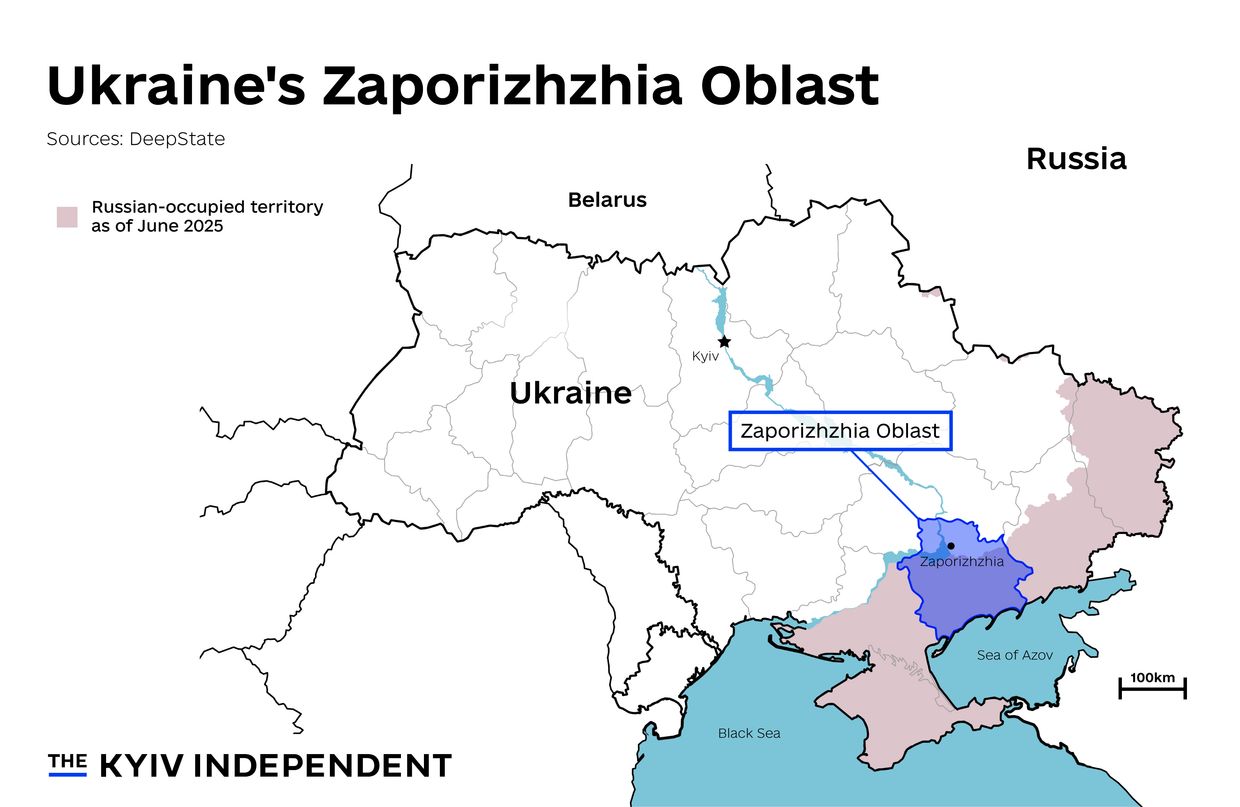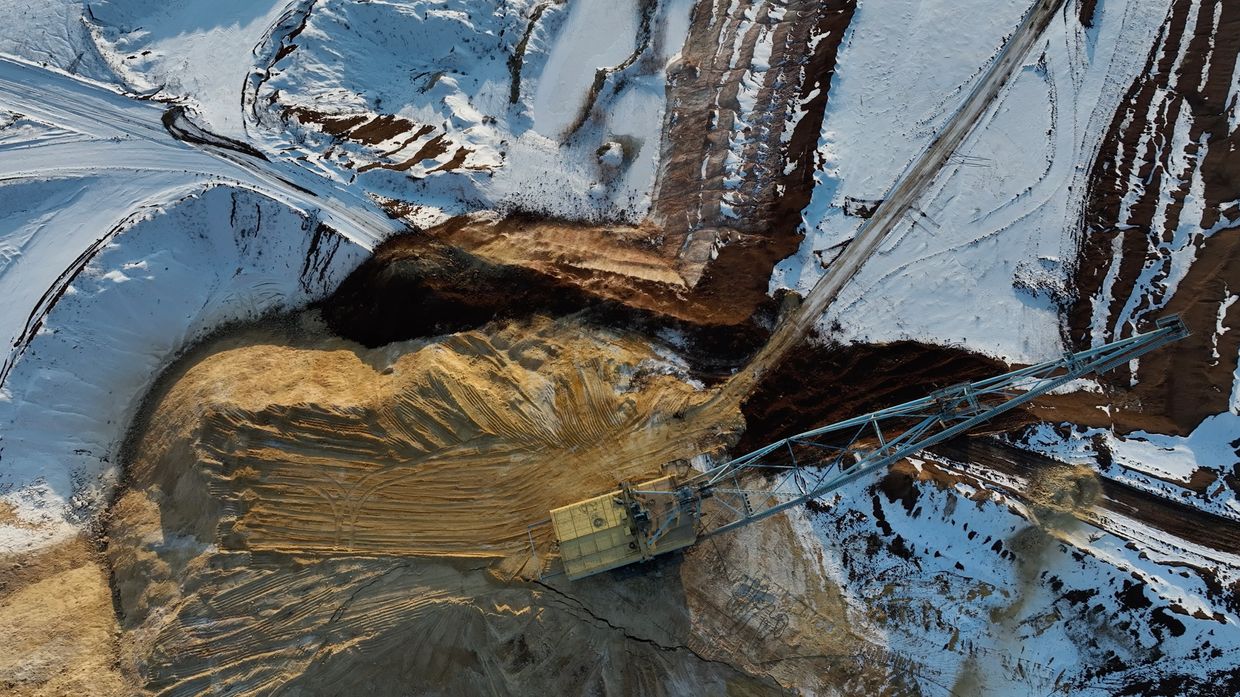
Russian authorities are planning to start gasoline extraction from the Sea of Azov, citing Soviet-era geological information and figuring out 22 potential offshore fields, together with a number of positioned close to the occupied Ukrainian metropolis of Berdiansk, Ukrainian officers advised Suspilne on July 1.
In line with the Berdiansk Municipal Navy Administration, Russia's Federal Subsoil Assets Company (Rosnedra) has introduced plans to discover and presumably develop gasoline fields such because the Morske, Pivnichno-Kazantypske, and Skhidno-Kazantypske deposits.
"(Russia) has declared business reserves of gasoline within the Sea of Azov, referring to Soviet archives itemizing 22 oil and gasoline buildings," Ksenia Kleshchenko, appearing head of communications for the Berdiansk administration, advised Suspilne.
"These embody the Morske subject, found in 1977 (and nonetheless underneath conservation). It’s essential to conduct additional exploration and pilot operation."
Kleshchenko famous that the Pivnichno-Kazantypske and Skhidno-Kazantypske fields had been found within the late Nineties and early 2000s throughout Ukraine's independence, however haven’t been developed. Ukrainian firm Chornomornaftogaz had carried out surveys on the Pivnichno-Kazantypske and Strilkove websites earlier than Russia annexed Crimea in 2014 and seized Ukrainian offshore property.
Ukrainian authorities say the Kremlin's curiosity in mineral assets could have partially motivated the occupation of southern Zaporizhzhia Oblast, together with Berdiansk.

"The entire (Russia's) 'plans' are centered on enriching themselves and the Russian Federation, however not on the welfare of the residents of the occupied territories," the Berdiansk administration stated in an announcement. "Whereas residents of Berdiansk face fixed water and electrical energy outages, (Russian authorities) are laying grand schemes to take advantage of the area’s assets."
The administration additionally warned of potential environmental penalties. As a result of shallow common depth of the Sea of Azov, round 14 meters (about 46 toes), any extraction might trigger critical ecological injury. The exploratory work is reportedly deliberate for 2026–2030.
Russia's curiosity in resource-rich territories extends past the Sea of Azov. In June, Russian forces took management of a significant lithium deposit close to the village of Shevchenko in Donetsk Oblast, considered one of Ukraine's most precious websites for the mineral utilized in electrical car batteries.
Ukraine has now misplaced two of its 4 recognized lithium deposits to Russian occupation, together with the Kruta Balka deposit in Zaporizhzhia. In line with the Kyiv College of Economics, Ukraine holds about one-third of the European Union's lithium reserves.
 The Kyiv IndependentDominic Culverwell
The Kyiv IndependentDominic Culverwell
